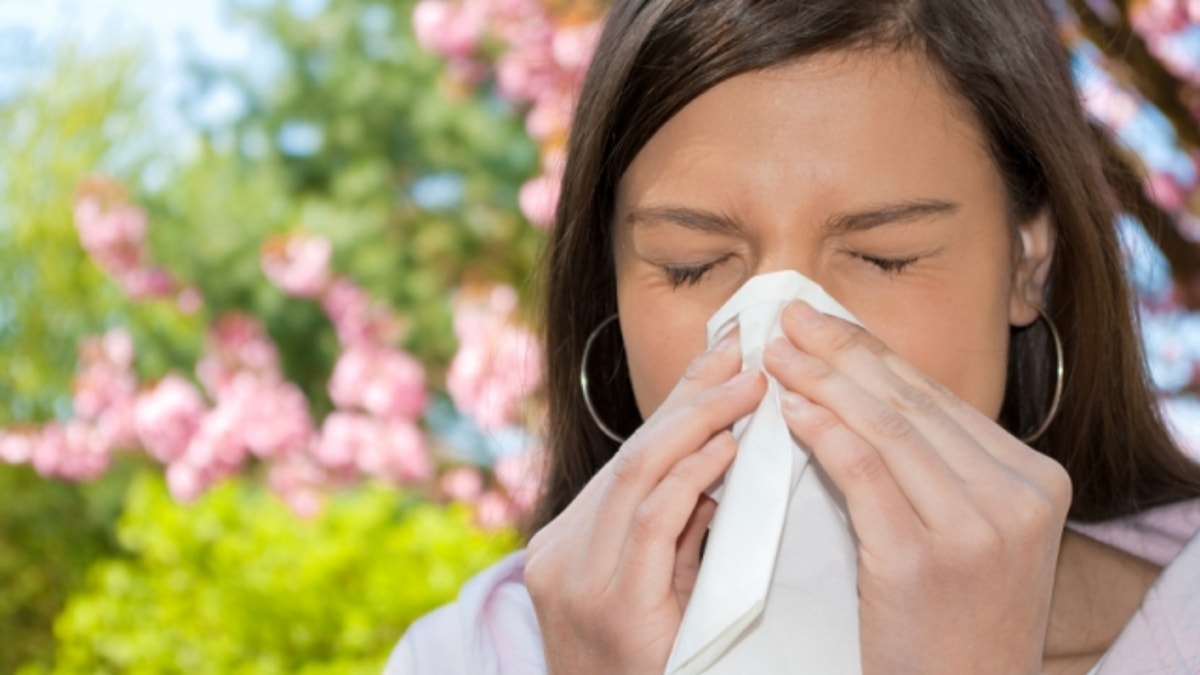
Due to global warming, warmer climates and over-planting of male plants, trees, etc we are seeing a huge rise in level of seasonal pollens, and those who with allergies are in store for another brutal allergy season.
Here are some strategies to help reduce suffering and promote allergy friendly gardening!
Tip # 1 – DO try to eliminate weeds from your yard, which can aggravate spring allergies.
Tip # 2 – Go for an allergy friendly garden and plant less allergy prone plants such as: azalea, begonia, bougainvillea, orchid, periwinkle, gladiolus, bulbs (tulip, iris, poppy and daffodil), palm, pine, fir and dogwood tress, hibiscus, boxwood, and yucca shrubs and Irish moss.
Tip #3 – Avoid planting: Amaranthus, Chrysanthemum dahlia, sunflower, black-eyed Susan, zinnia, privet and lilac as well as Juniper, Bermuda and Rye grass.
Tip # 4 – Keep grass cut short and flower beds weed free.
Tip # 5 – The fragrances of roses, star jasmine, narcissus, gardenia, lily of the valley, and citrus and eucalyptus trees are the most common plants whose fragrances can make some people sneeze. If you’re sensitive, you want to keep away from these plants!
Tip # 6 – Avoidance is the best method of preventing an allergic reaction to poisonous plants such as poison sumac or oak.
Tip # 7 – If you are allergic to molds, avoid damp places such as forests and a body of stagnant water.
Tip # 8 – Avoid touching your eyes and nose while gardening, this transfers the pollens directing to these areas.
Tip # 9 – Take advantage of rainy, cloudy or windless days, which usually have lower pollen counts (some sufferers can be sensitive to “wet mold spores” – so get simple in office allergy tests to pinpoint your triggers.
Tip # 10 – After yard work, leave your clothing outside of your bedroom, brush off your shoes and rinse off your glasses to remove unwarranted allergy producing substances.
Tip # 11 – Work in your garden during evening hours, when pollen counts are lower, and limit your time to short intervals on high pollen days.
Tip # 12 – Take a vacation by a body of water, such as lake, river and beach where pollen levels are typically lower
Tip # 13– Wash wisely. Avoid wearing hair gels that serve as a “pollen magnet” on high pollen days and gently wash eyelids and face and hair at night before entering your bedroom to prevent pesky pollens from winding up on your pillow and bed sheets.
Tip # 14 – Be a star! Go for big sunglasses (especially on windy days) to block out pollen entry into your eyes and eyelids.
Tip # 15 - Wear a wide brimmed hat or sombrero to reduce wind borne pollens from landing on top of your head.
Dr. Clifford Bassett is an adult and pediatric allergy specialist, and diplomat of the American Board of Allergy and Immunology. He is the medical director of Allergy and Asthma Care of NY. Bassett is a clinical assistant professor of medicine and on the teaching faculty of NYU School of Medicine and NYU Langone Medical Center and assistant clinical professor of Medicine and Otolaryngology at SUNY LICH. Follow him on Twitter.







































